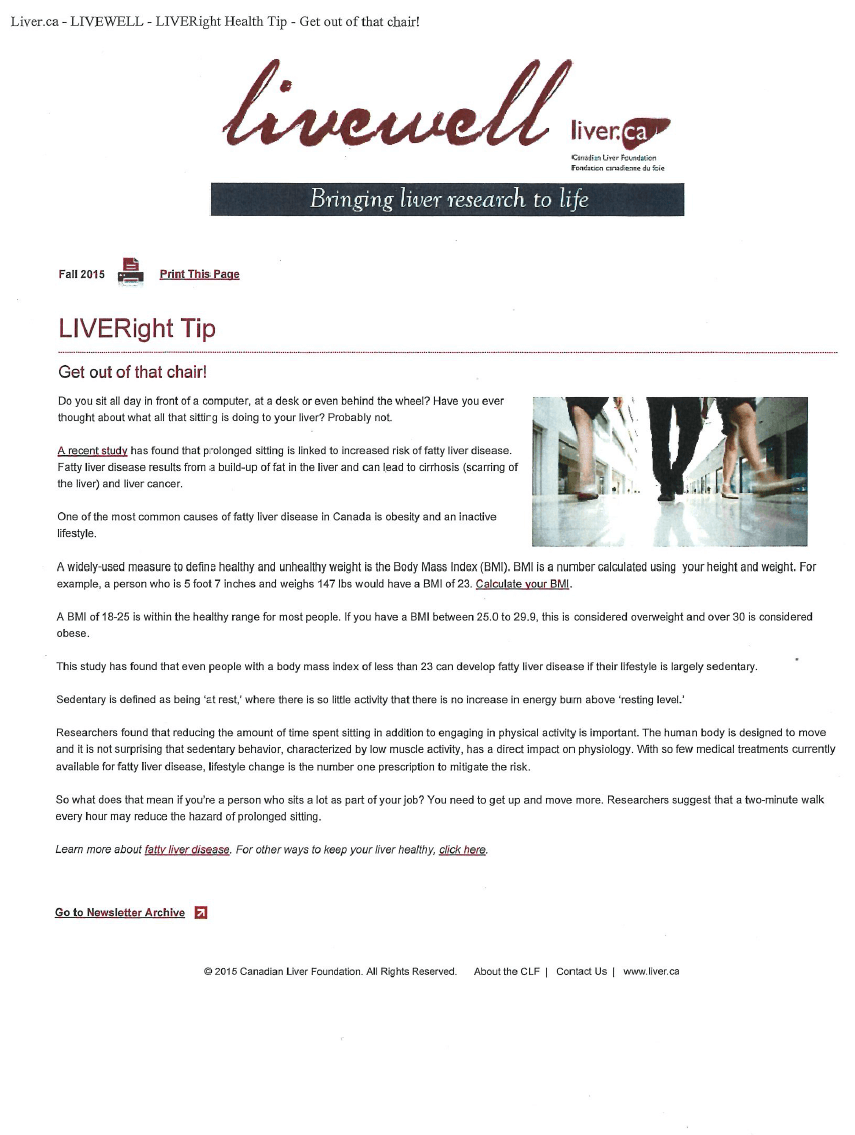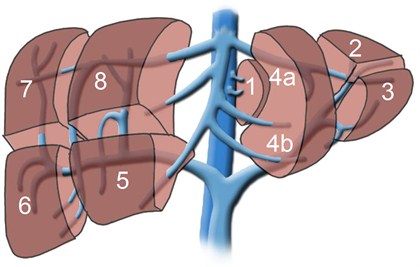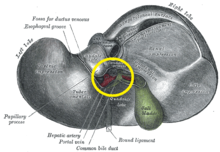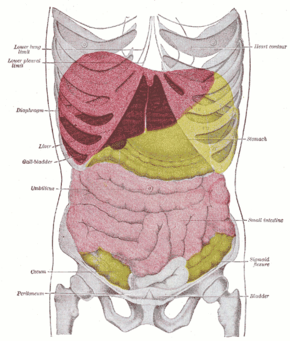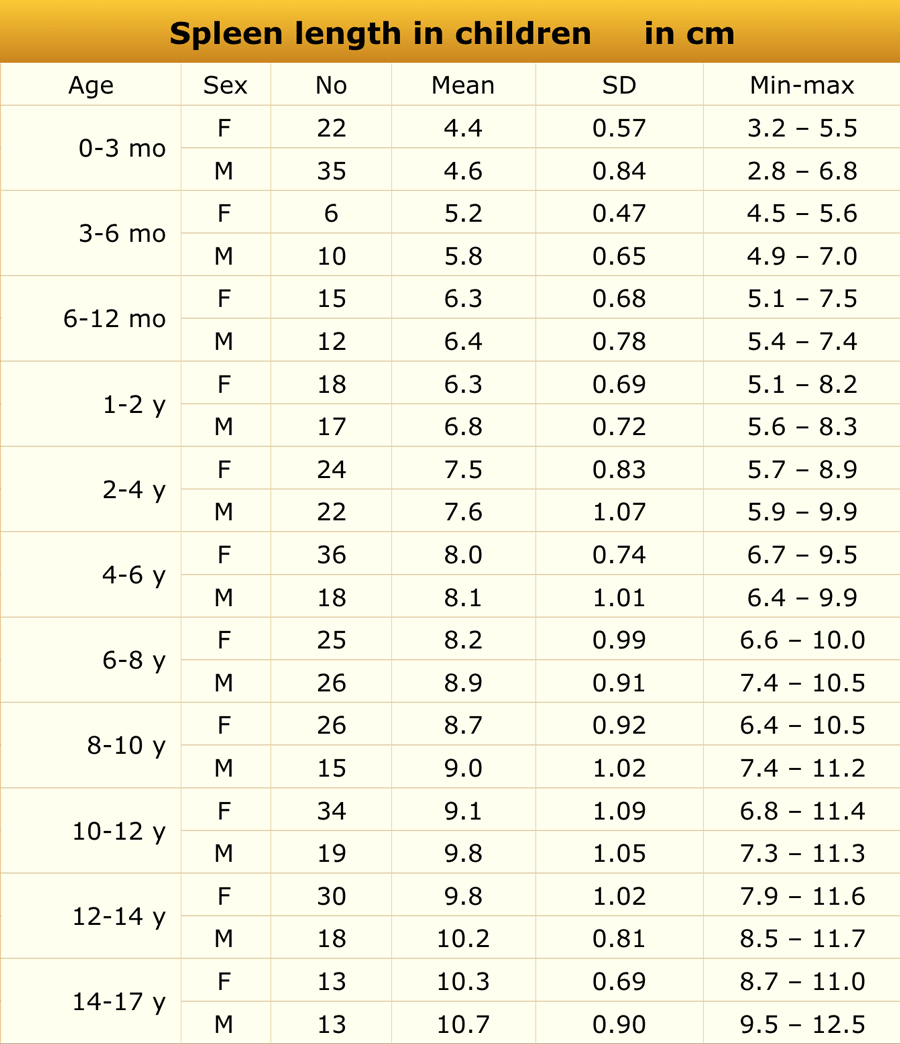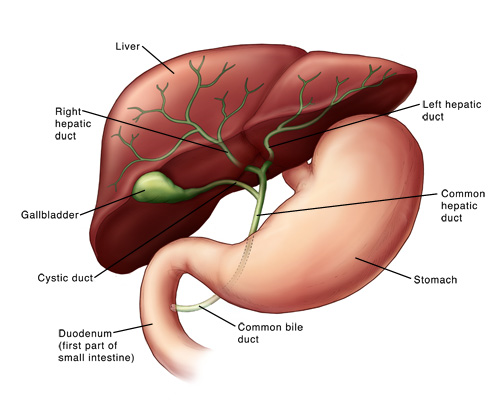This organ is vital to the bodys metabolic functions and. Opposite the vertebral column its measurement from before backward is reduced to about 75 cm.

Studying Non Alcoholic Fatty Liver Disease The Ins And Outs
Measurement of liver in human body. Normally you cant feel the. The purpose of liver percussion is to measure the liver size. Your liver is your bodys largest solid organ. There is considerable size variation between individuals with the standard reference range for men being 9701860 g 214410 lb and for women 6001770 g 132390 lb. Its greatest transverse measurement is from 20 to 225 cm. On average it weighs around 3 pounds in adulthood and is roughly the size of a football.
The size of the liver increases with age from an average span of 5 cm at the age of five years to 15 cm in adulthood 1. Liver blood flow overview. It is bigger in human males than that in females. The normal liver weighs 14 to 15 kg in men and 12. Weighing about 3 pounds the liver is reddish brown in color and feels rubbery to the touch. The size of this gland is around 105 centimeters for men and about 7 centimeters for women.
The liver is a large meaty organ that sits on the right side of the belly. Vertically near its lateral or right surface it measures about 15 to 175 cm while its greatest antero posterior diameter is on a level with the upper end of the right kidney and is from 10 to 125 cm. A human liver normally weighs approximately 15 kg 33 lb and has a width of about 15 cm 6 in. In the similar way the liver weight is also different in different genders. The study represents one of the largest populations studied regarding average liver length and it concluded that the average liver size in adults was 55 inches in or 14 centimeters cm. Normal liver weighs about 12 to 15 kg in females and males respectively.
The size of the normal liver also varies with sex and body size 2 4. The hepatic circulation is the most complicated of any organ system. Different factors like age gender and body size affect the liver size. This chapter outlines the physiologic control of the livers blood supply describes the techniques used for its measurement in both human and animal models and explores its function in various clinical situations.
